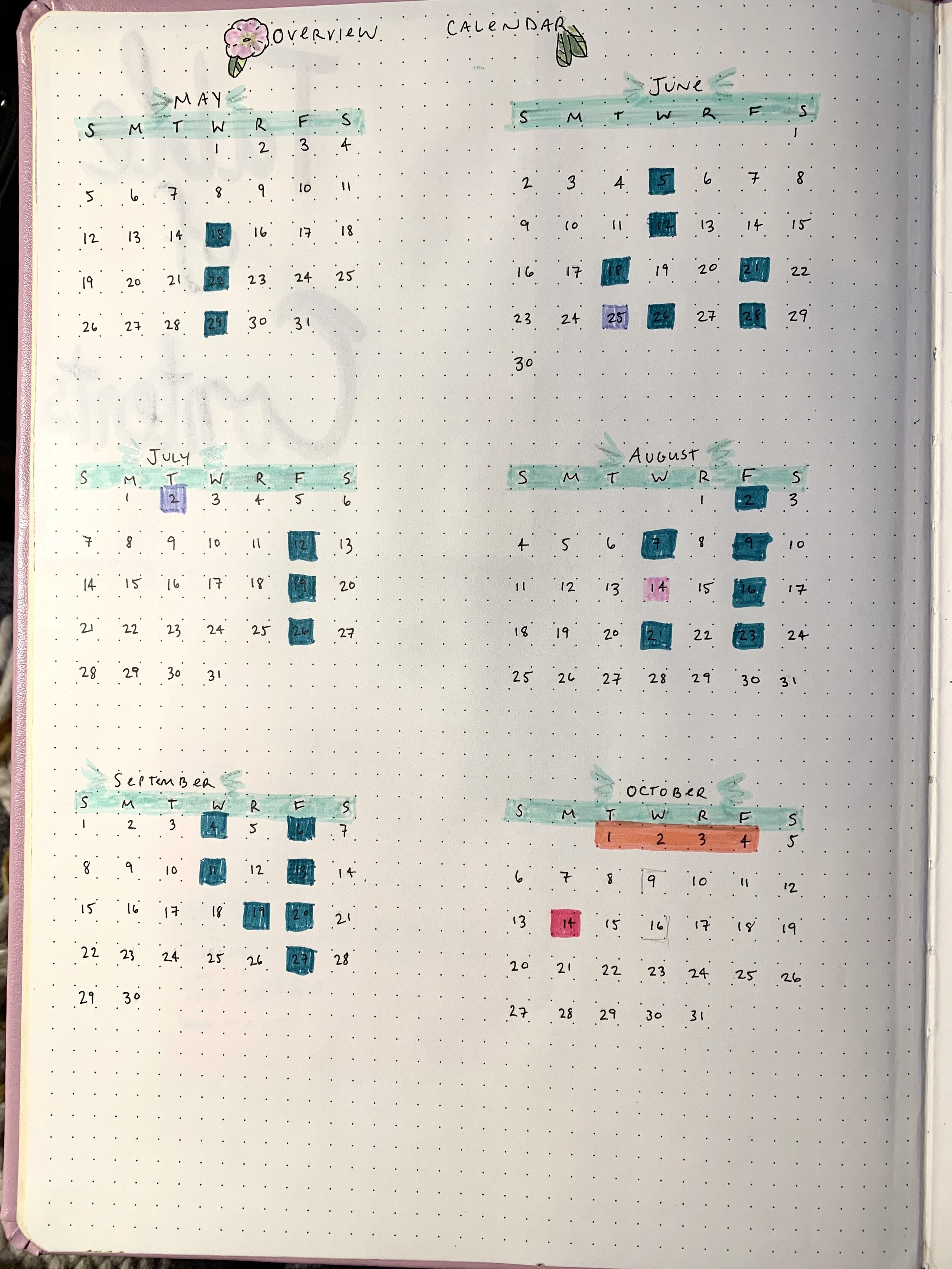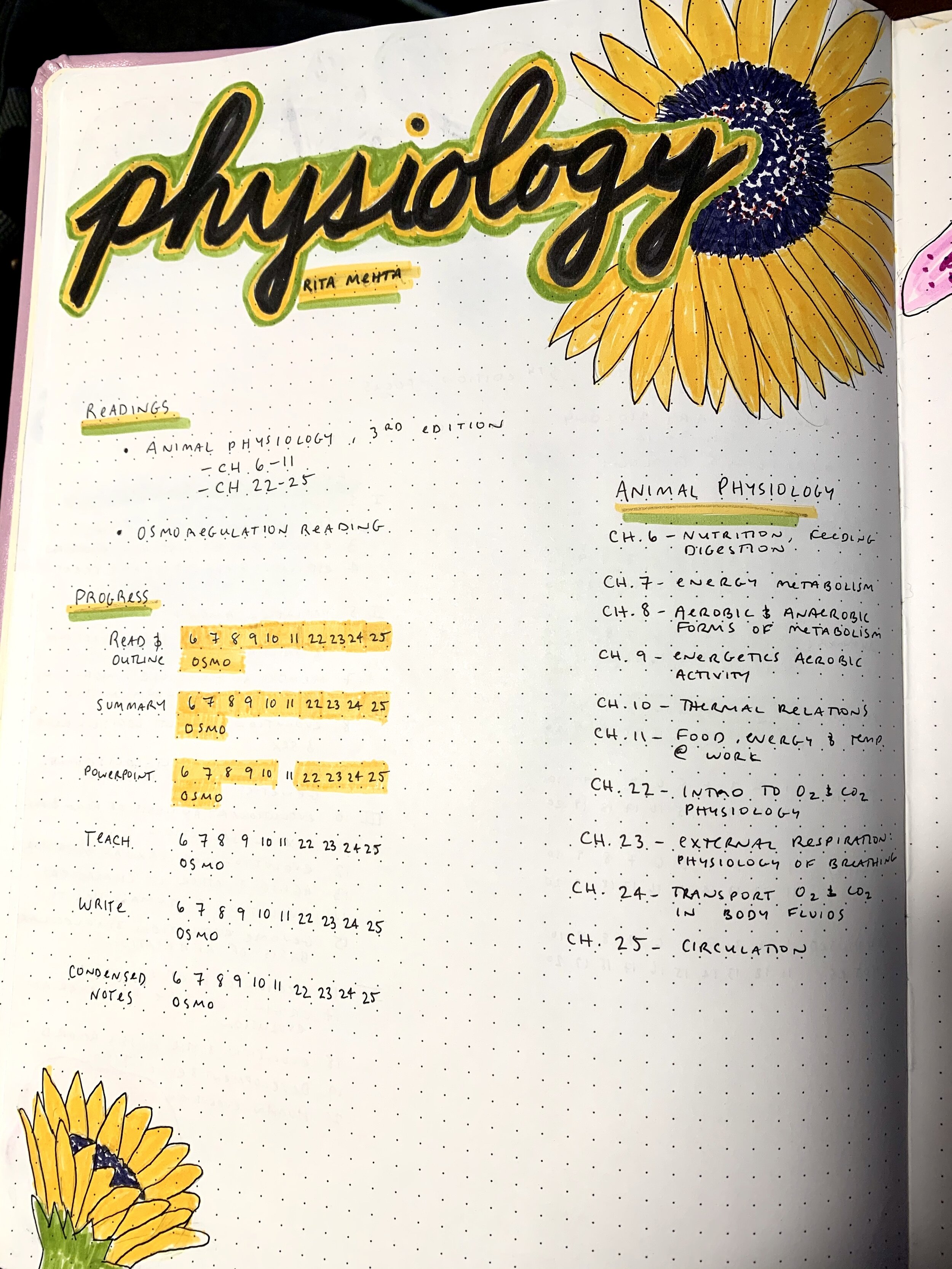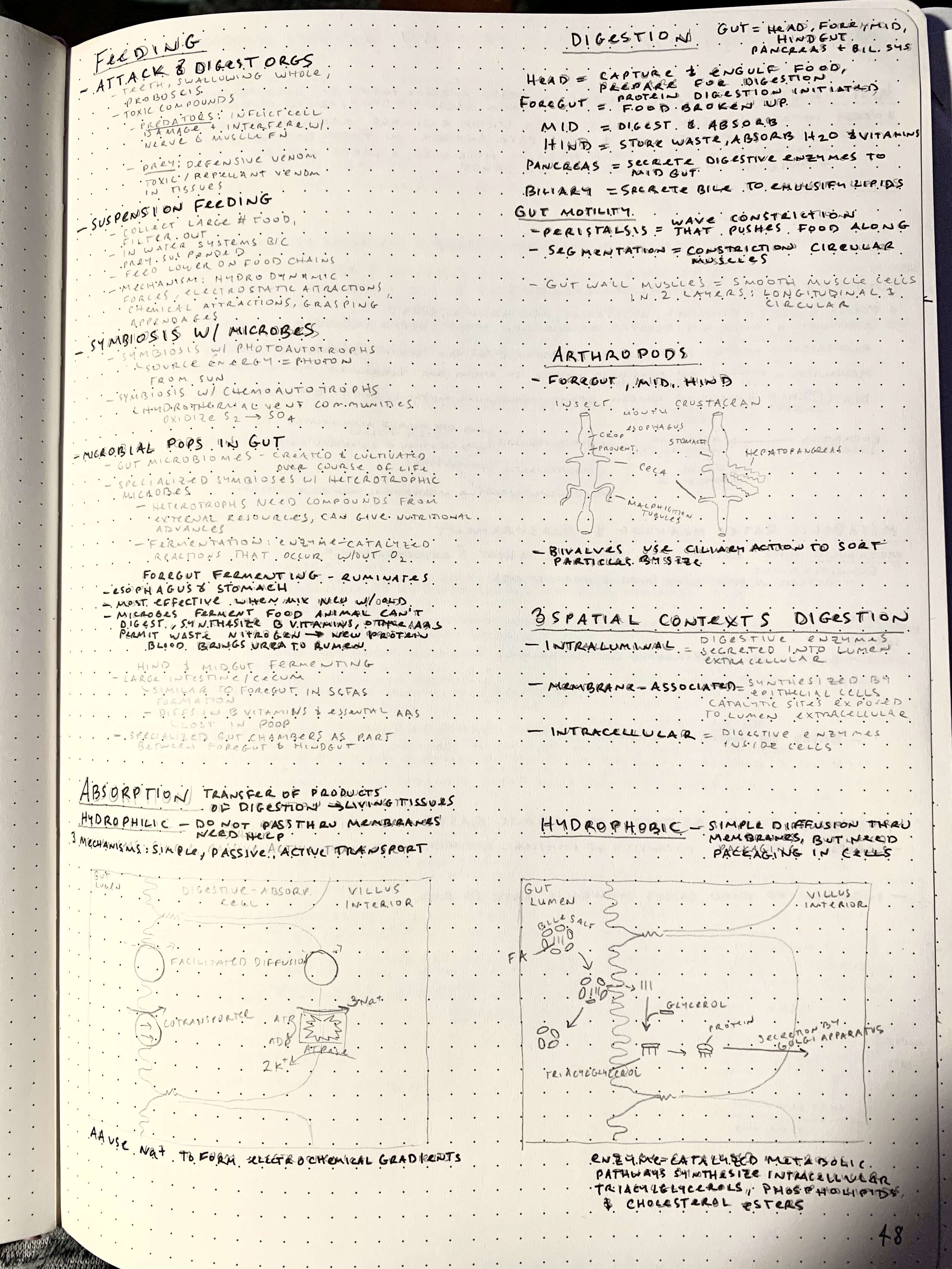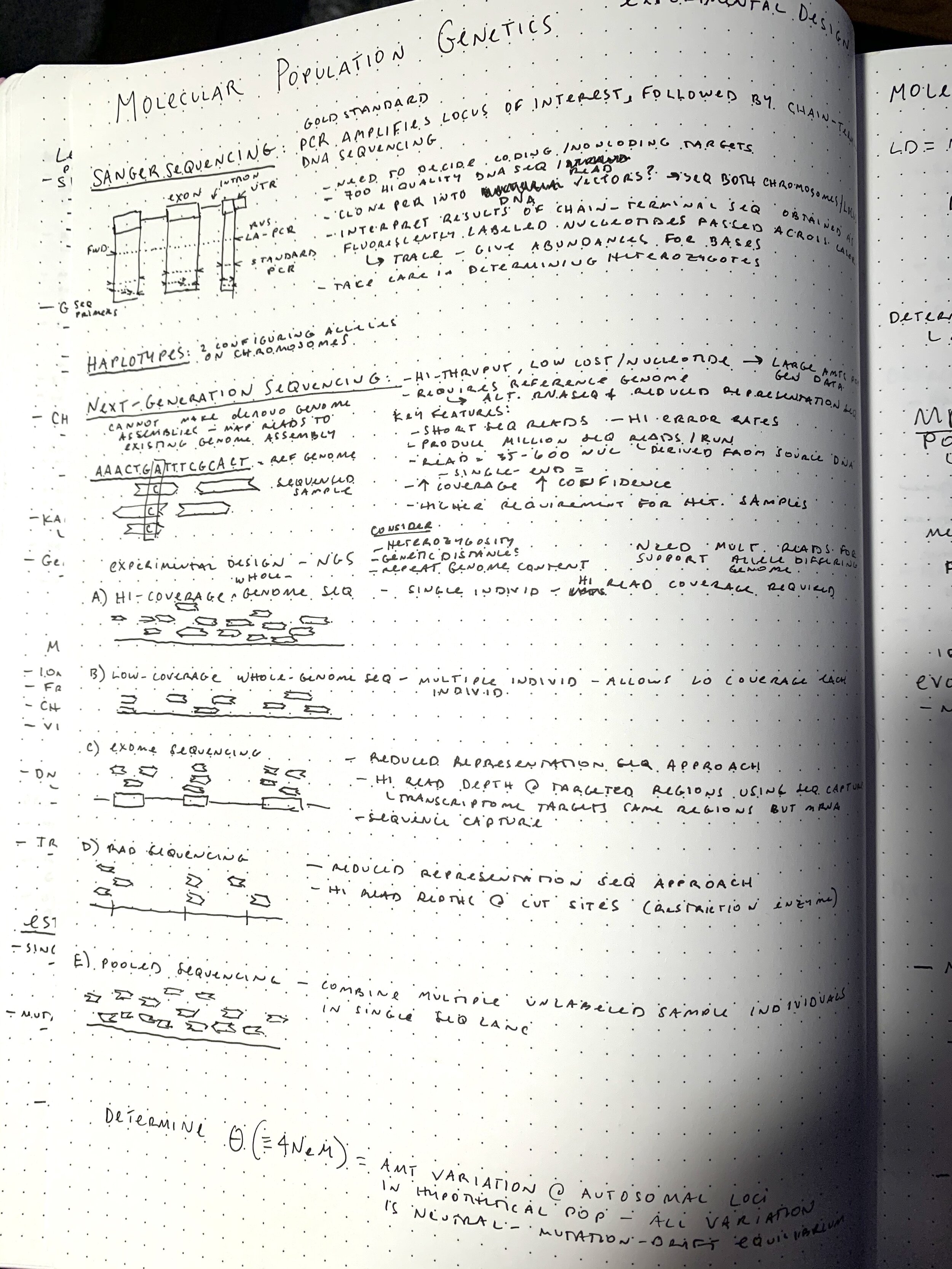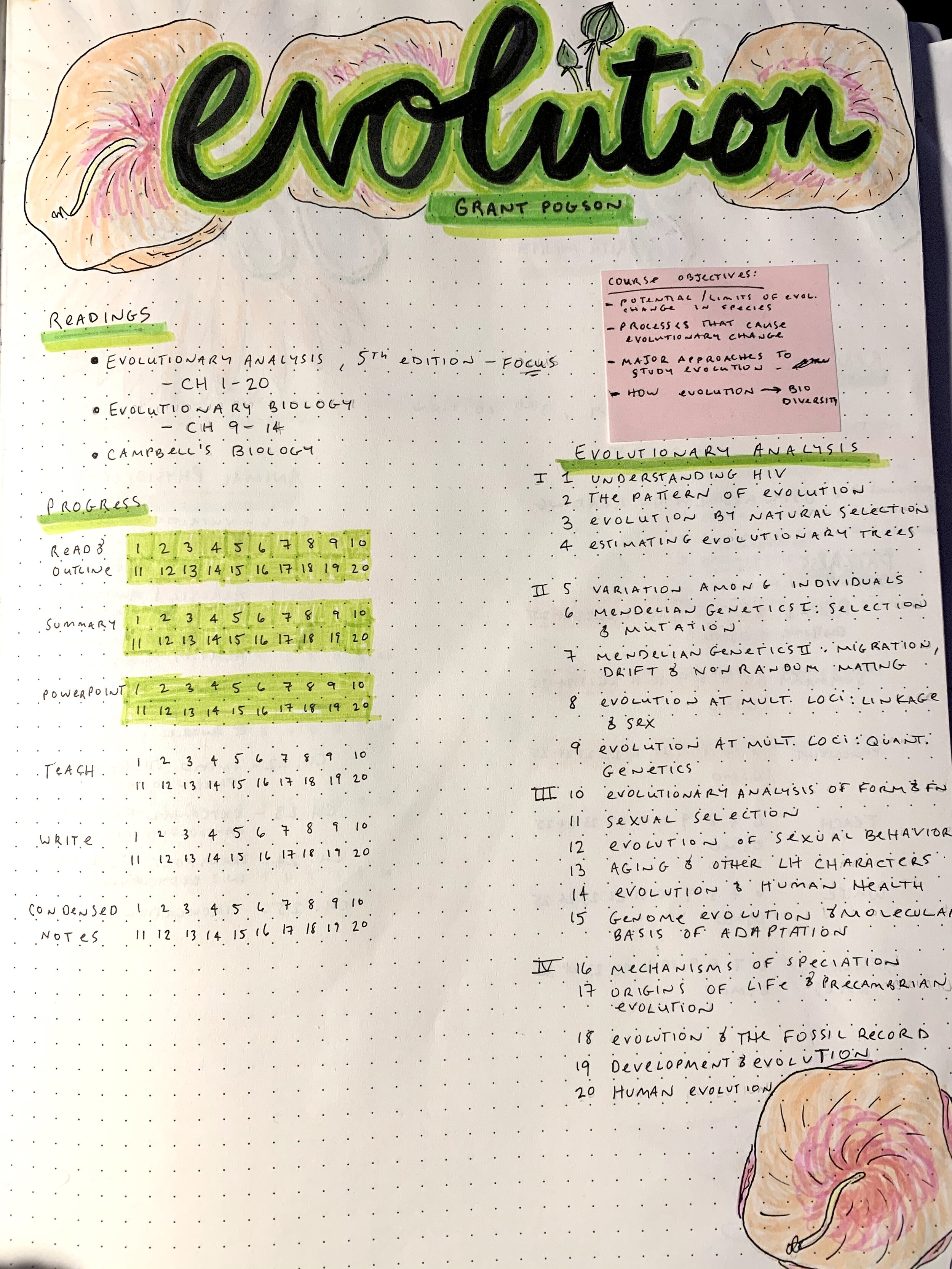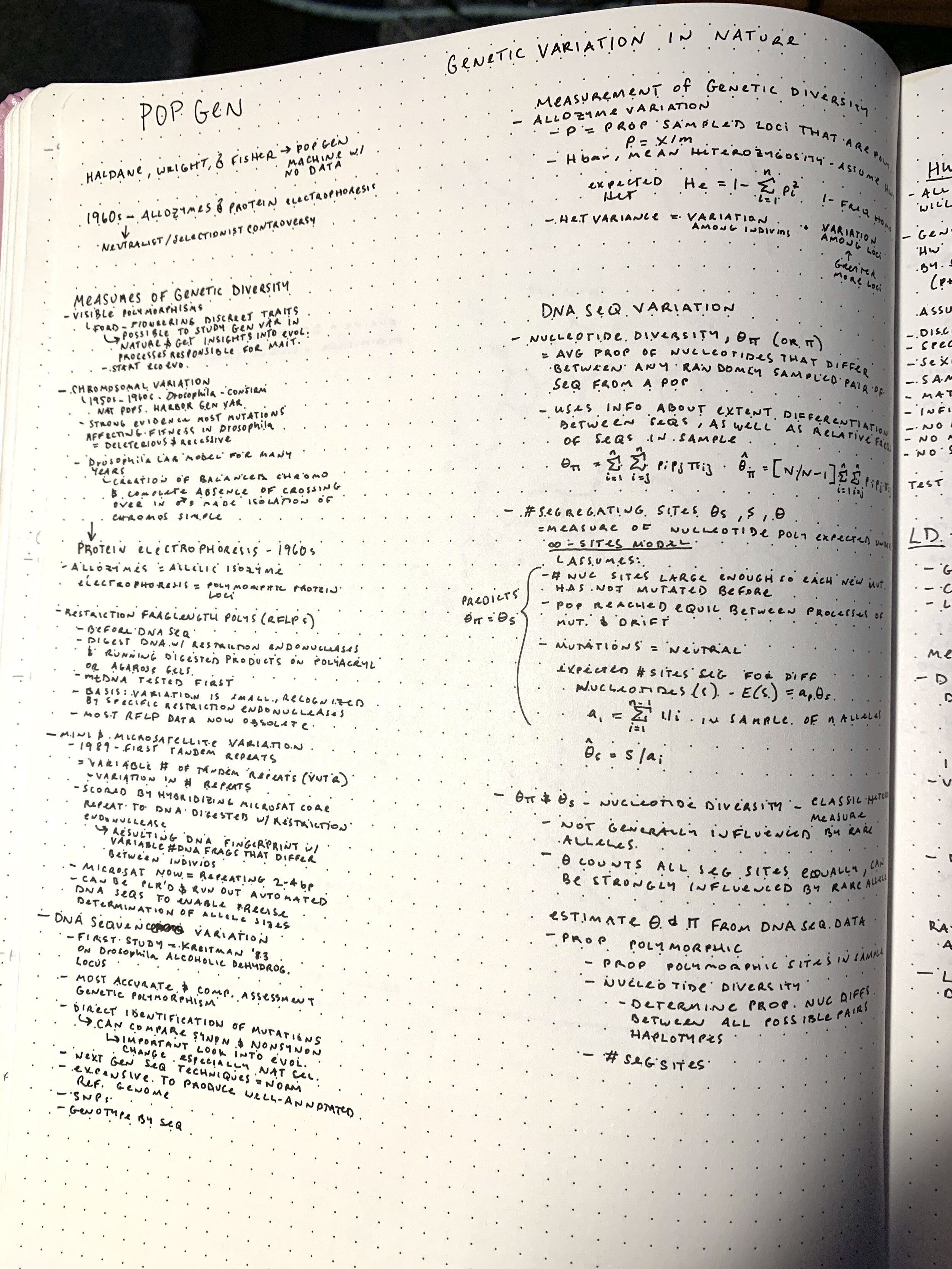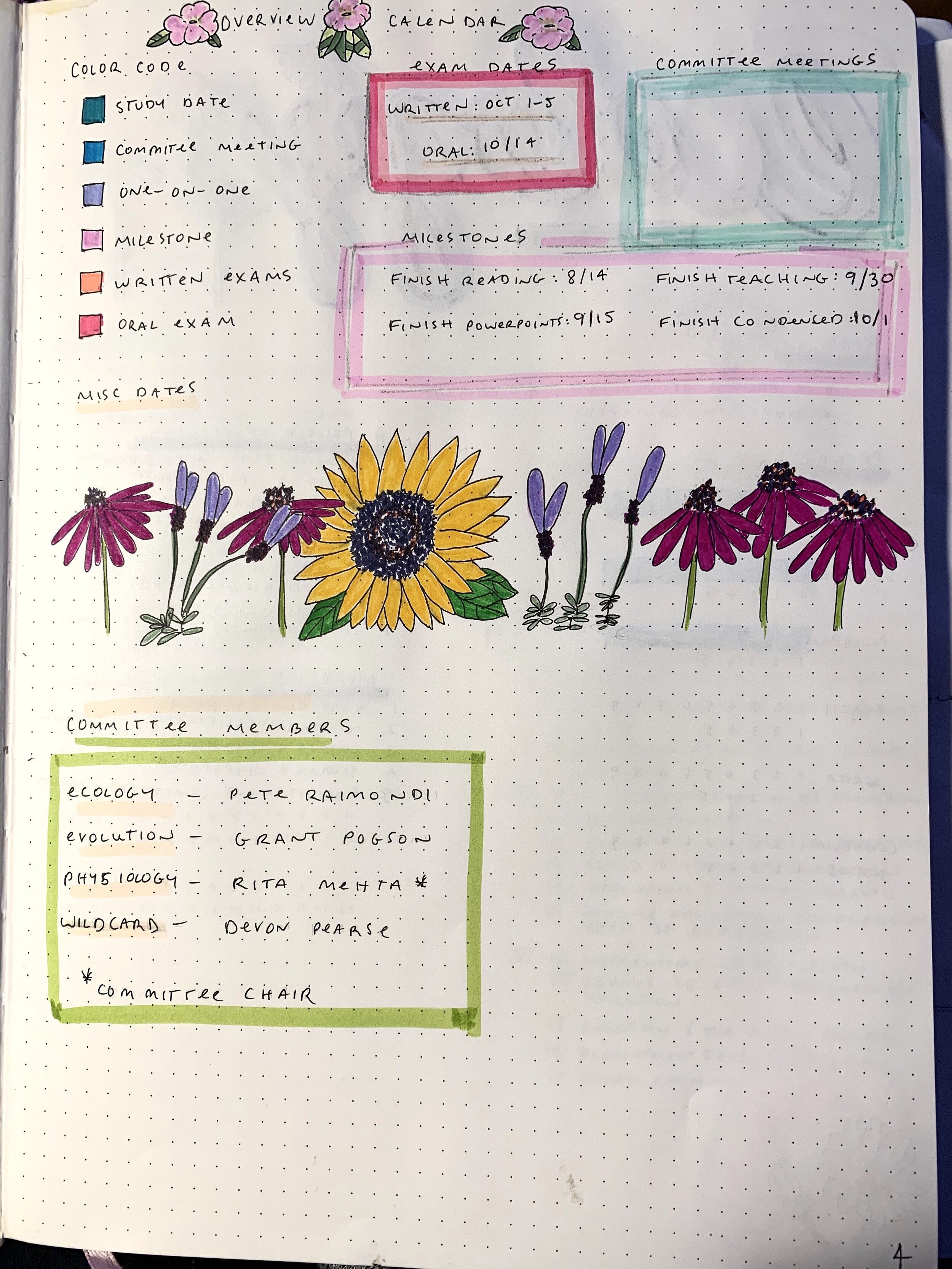Post-Comprehensive Exam Life
The most stressful aspect of graduate school for me (and really for anyone applying to/already in graduate school probably) has to be the necessary process of jumping through hoops that feel very narrow, very high up, and very much on fire. The hoop I was most terrified of is the comprehensive exam, known as “comps” in my department, which features a 4 person committee tasked with making sure I am intellectually prepared for graduate school and beyond. In the Ecology and Evolutionary Biology Department at UCSC, you select your own committee members to fill each chair. You must have an Ecology, Evolution, Physiology or Behavior (I did physiology), and a “Wild Card.” The wild card can be focused on your study system or a more in-depth field, like mine in population genetics. This committee assigns you any readings they feel are relevant to their topic and you spend however long you need to study, then schedule your own exam! When you take your test, you have 4 days of written exams and a single 2 hour oral with your entire committee. The written questions are overarching and try to get you to show as much of what you have learned as possible. In the oral, your committee is trying to quickly cover your writtens and identify the gaps in your knowledge. This makes the oral a rather uncomfortable experience at times; your committee is actively trying to get to the point where you to say “I don’t know!” They want you to pass (hopefully your committee will be as supportive as mine was) but they also need to figure out what you haven’t learned yet.
Once you have your committee selected, you will have to get them to decide on what they want to ask you. I got my reading list finalized in May and took my exam in October, so I left myself a lot of time to read my materials, process them, and practice talking through concepts. To study all of it, I ended up reading and taking notes, condensing my notes, making powerpoints, studying with friends, and making a final illustrated journal with all the important concepts I learned. Though my exam overall went really well and I passed after my first go at it, I regretted not moving through my reading phase to the consolidation of information earlier, but I’m overthinking it. No one walks out and feels good about how it goes because they try to highlight what you don’t know. Since some of my grad school friends are still preparing for their exams, I compiled a quick list of tips for them that I thought I would share here too. If you are out there studying for your own grad school exams and find this post, know that I feel your pain and I am with you!
Thank you to EVERYONE who supported me through this process: my amazing partner, my incredibly kind and brilliant committee, the beautiful and thoughtful people that compromise my grad cohort, my new friends in Santa Cruz, my old friends all over everywhere else, and of course my hellion family. Really couldn’t have done it without your love and support!
I kept track of my progress in this notebook…
I eventually stopped using the habit tracker once I got into the groove of studying, but I’m still working on inking and coloring it in
Surviving your Department Exam:
Expectations: work with your committee members to ensure that you both are clear on what your learning outcomes should be for the material they assigned
some faculty may need an additional push to solidify their reading list as well
do this at the beginning of your studying, the sooner the better!
also try and get your faculty members to send something in an email so you have a paper trail to reference later on
if you get to select your committee, pick at least 1-2 people you feel really comfortable with
Studying: get through your reading with lots of time to study in a way that reflects what you’ll experience in your exam
written exams: practice recalling material so you can confidently write information during your exam - flash cards and practice writing responses to questions frequently will be helpful
oral exams: practice talking through concepts and explaining them to an audience- flash cards, creating and talking through powerpoints, and doing mock orals helped me a lot
study in groups with other students so you get practice with material and also this is a great place to vent
talk to other graduate students who have gone through the exam, especially those with the same committee members
Organization: create a study schedule and stick to it
I identified my major study methods and created habit trackers for each book/paper on my reading list to keep myself on track
take notes and keep them organized- you might want these notes again someday, take care of them!
if possible, find a way to keep track of your notes in a way that makes you feel inspired / that weird organization buzz
Peace of mind: please please please do not forget to eat food, drink water, move your body, and sleep!!!!
especially in the lead up to your exam
also make a point to talk to at least 3 people a day if you are studying really hard in a sad cave (like me!) —- it’s good for you!
deep breathing - I like 478 breaths the best to calm myself down when I get anxious
try and find tiny bursts of joy every day to remind yourself that you are a human being first and foremost
Day of the oral: schedule at a time that works best for your brain naturally
exercise before your exam to help your wigglies
look in the mirror and smile at yourself- it’ll feel stupid but it weirdly helps
try to eat something and drink water before your exam, even if your stomach is full of butterflies
bring snacks and drinks for your committee
Good luck to all of my friends out there taking their exams! I believe in you all.


